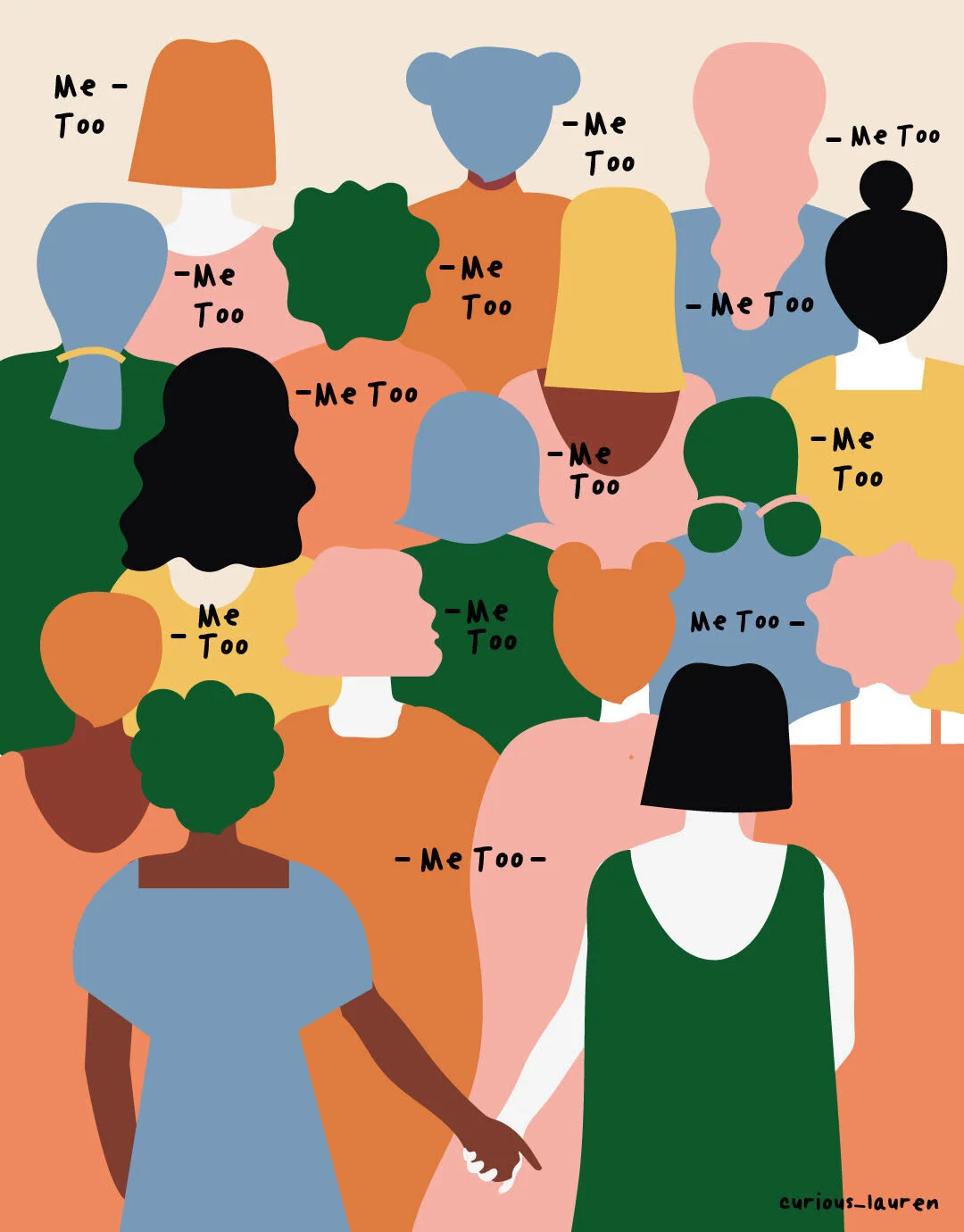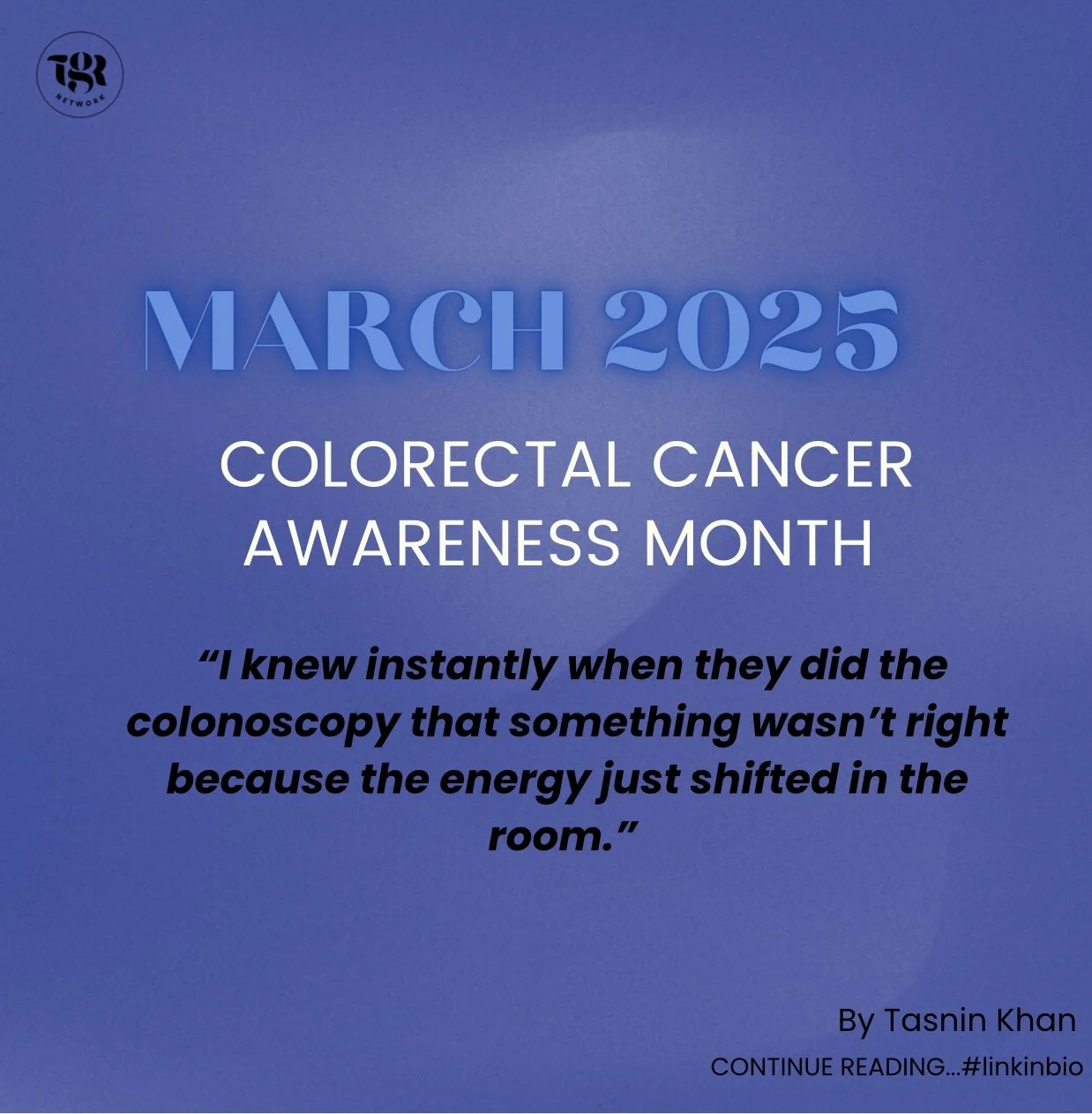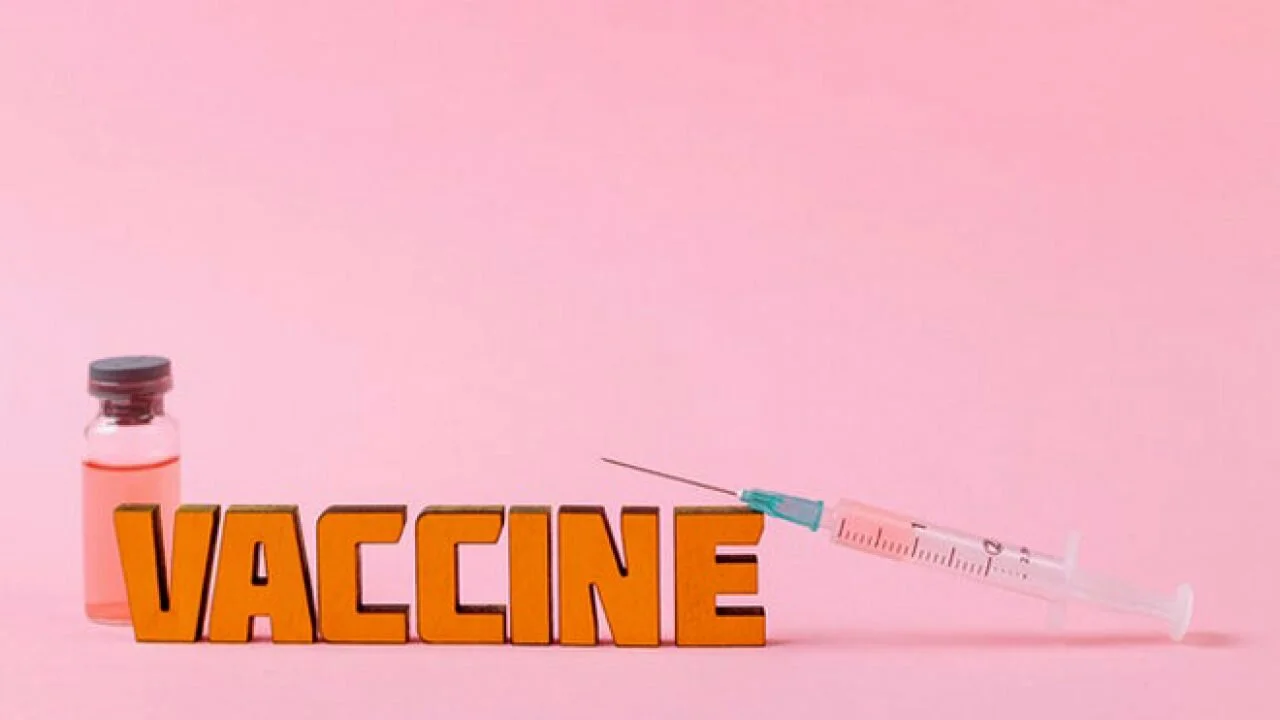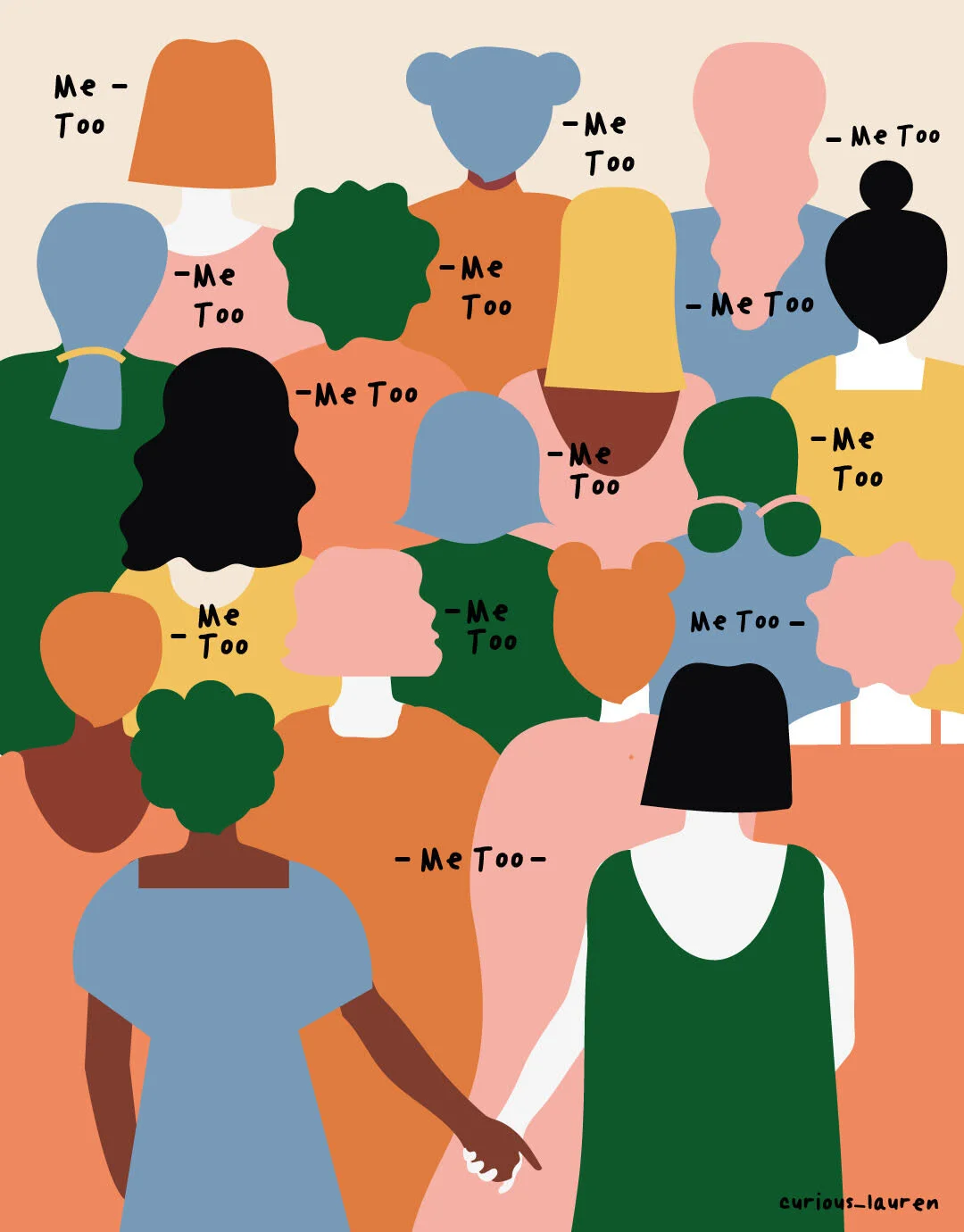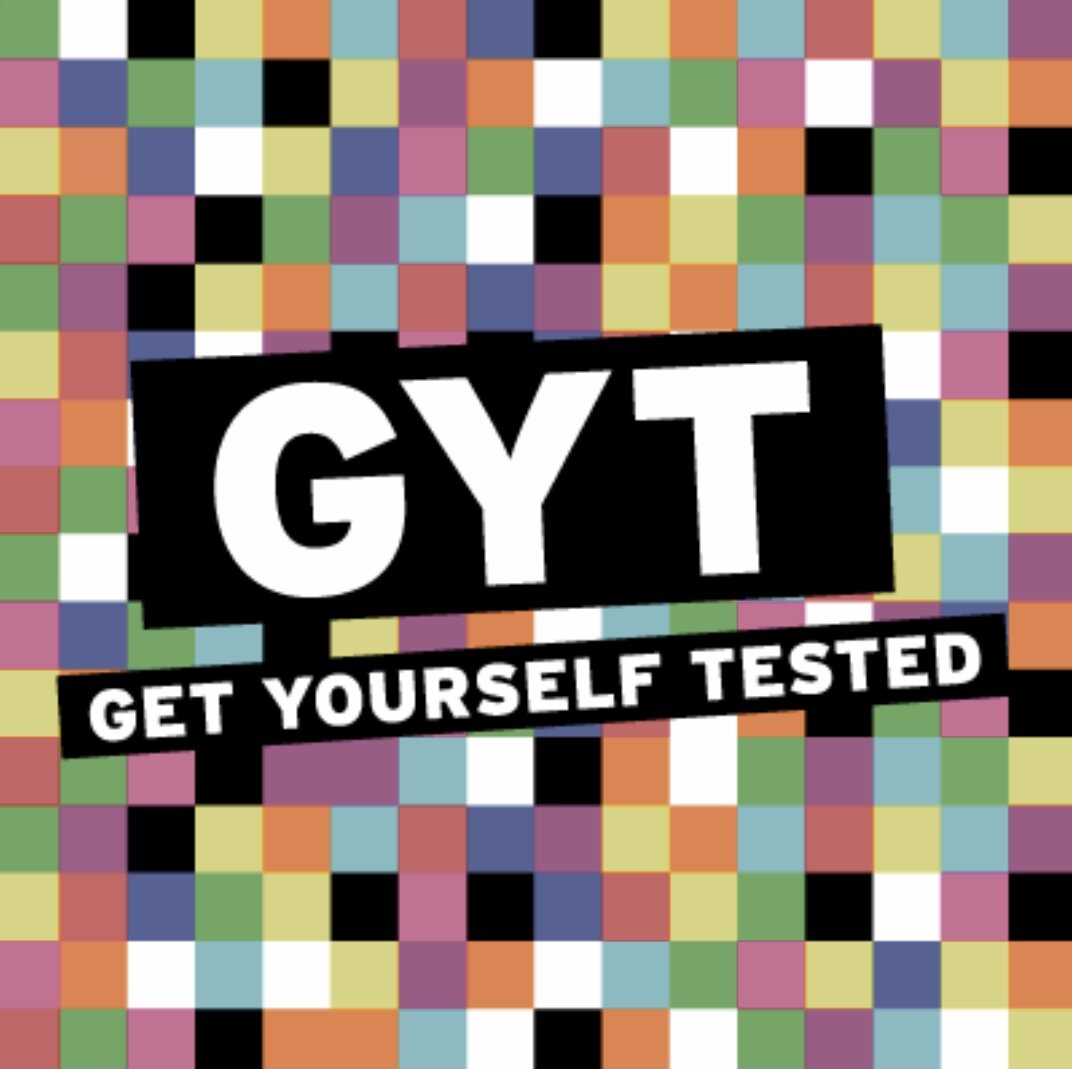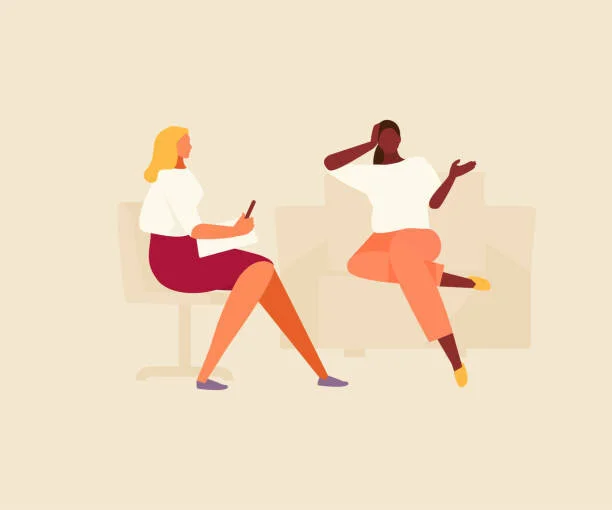Creating Space for Survivors of Sexual Assault
Image from artist : curious_lauren
I was about seven-years-old when I was first abused. I vividly remember crying about it for days before I told someone what happened.
The person I confided in looked me in the eyes and said, “That’s what happens when you misbehave.”
I tried to bury the memory in hopes of forgetting it. I thought for a long time that if I never spoke about it again, I could pretend like it never happened. So, when I was 16 and got locked in a boy’s room after trying to push him away and telling him no, it was easy for me to decide that I wouldn’t ever speak on that experience either. I didn’t want to risk being told again that I deserved it.
For a long time I felt guilt and shame about not reporting the assault. I knew it was the ‘right’ thing to do — but I was frozen in fear. I genuinely was terrified of what could happen if I did file a report.
I didn’t have to try hard to imagine how it would unfold; every time I heard about a new person being accused of sexual assault in the news, I would hear the same comments: Why now? Why wait so long to report? Why even report at this point?
And it brings me back to when I was seven. No one helped me. No one protected me. And if no one listened to me when I was seven, how could I bring myself to speak on it when I was older? Why would anyone want to?
When it comes to instances of sexual abuse there’s this expectation of everything being wrapped up neatly like a “Law and Order SVU” episode, with the survivor always getting justice in the end, after filing a report and testifying. The truth beyond our TV screens is only an estimated 15.8 to 35% of all sexual assaults are reported to the police.
Out of those cases, only 9% of rapists get prosecuted. About 5% will get a felony conviction. 3% of them will spend at least a day in jail, and 97% will walk free.
As for survivors, it seems we get attacked whether we do or don’t decide to report. The process — from getting a rape kit to testifying in the courtroom — can exacerbate an already traumatic experience. It feels as though sexual assault survivors are failed throughout each step of the process. Then there’s life after the assault, which can also be a difficult adjustment in so many ways.
For instance, Evalaurene Jean-Charles, founder of Black on Black Education, shared in an op-ed response to the Brett Kavanaugh hearings that after disclosing her assault with lawyers and detectives, her case was still considered pointless to pursue due to lack of evidence outside of her own testimony. She was asked repeatedly if she was 100% certain about what had happened. Despite receiving some justice in the end, the overall experience was still incredibly challenging.
It’s clear that the current systems in place, as well as our culture, do not create a safe space for sexual assault survivors. We can’t talk about encouraging people to report their abusers if we’re not willing to talk about why people don’t feel safe enough to do so in the first place. The best we can do at this point is let other survivors know that it’s okay to struggle with the decision to file a report, that there’s no right or wrong way to be a survivor.
Jean-Charles shared that for survivors debating on whether or not to report it’s crucial for them to feel comfortable and confident in their choice. “I think that everyone should disclose to SOMEONE — whether it’s a therapist or family member. If in the case you want to prosecute later on, you at least have a witness or someone who knew what had happened,” she said.
For me, knowing I’m not alone has made me more comfortable speaking on it. I’m still not ready to file a report; I don’t know if I’ll ever be fully prepared to do that. And I don’t necessarily feel like having my abuser in jail will truly make up for what I went through. But I now know that whether I file a report or not, it doesn’t discredit what happened and that it was wrong in the first place.
More importantly, it’s taught me to have more empathy for those who made the decision to speak their truth. I’ll never judge or invalidate another person’s decision for why or when they reported their assault — because when one of us is brave enough to speak up, we speak up for all survivors and victims.

